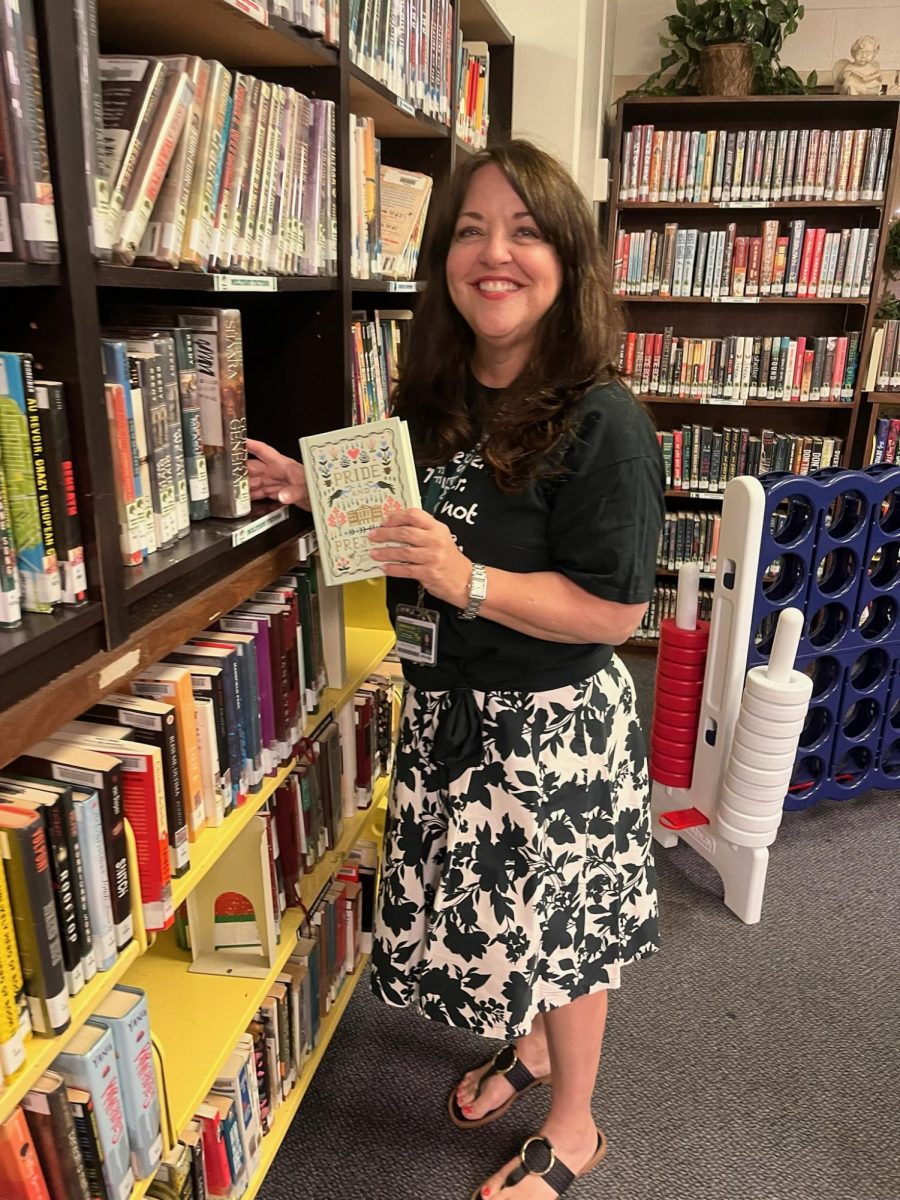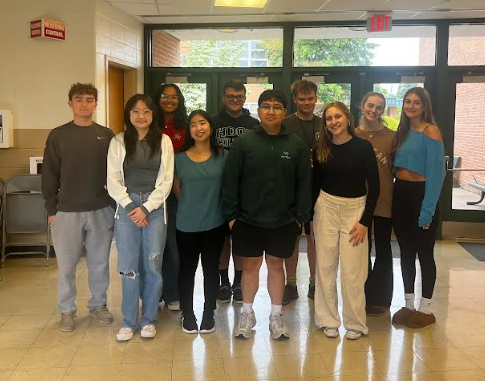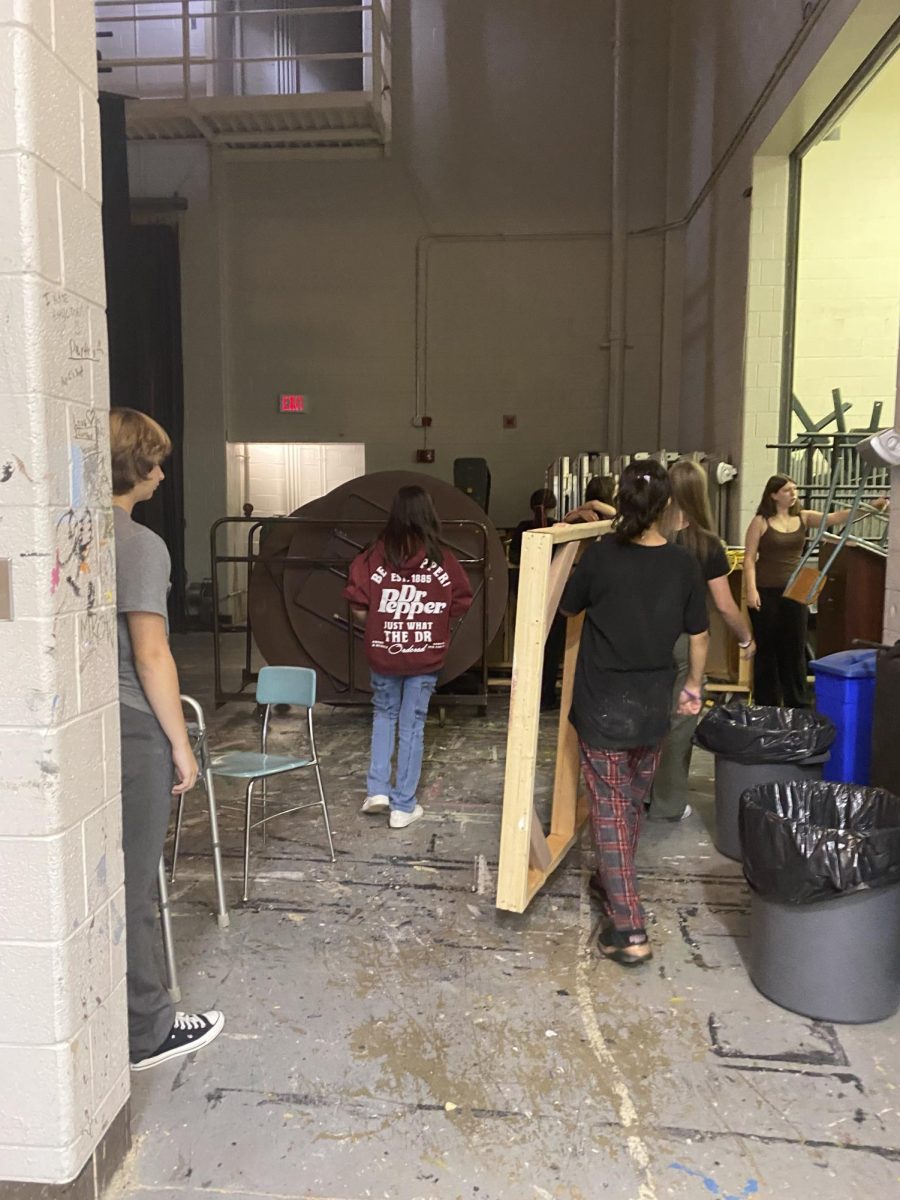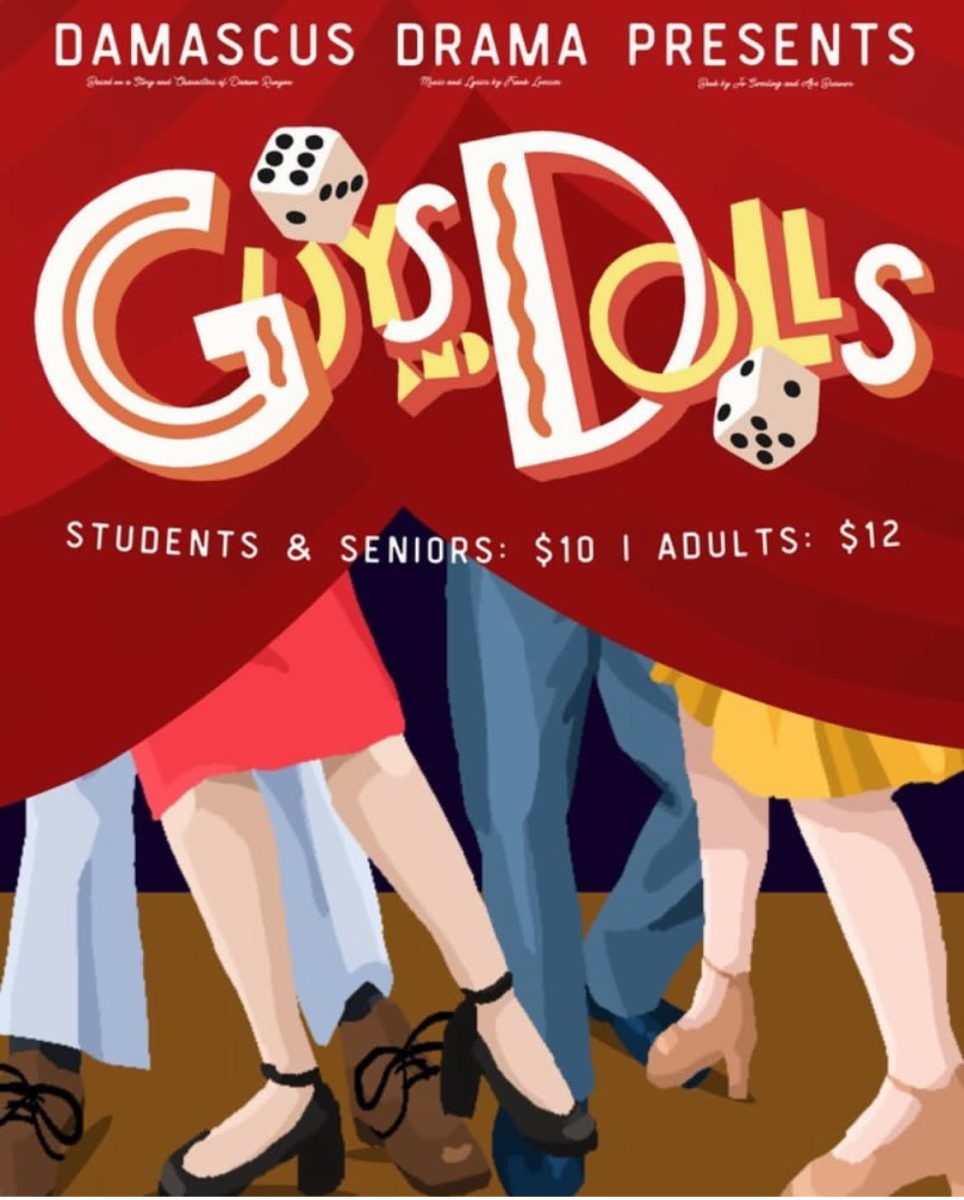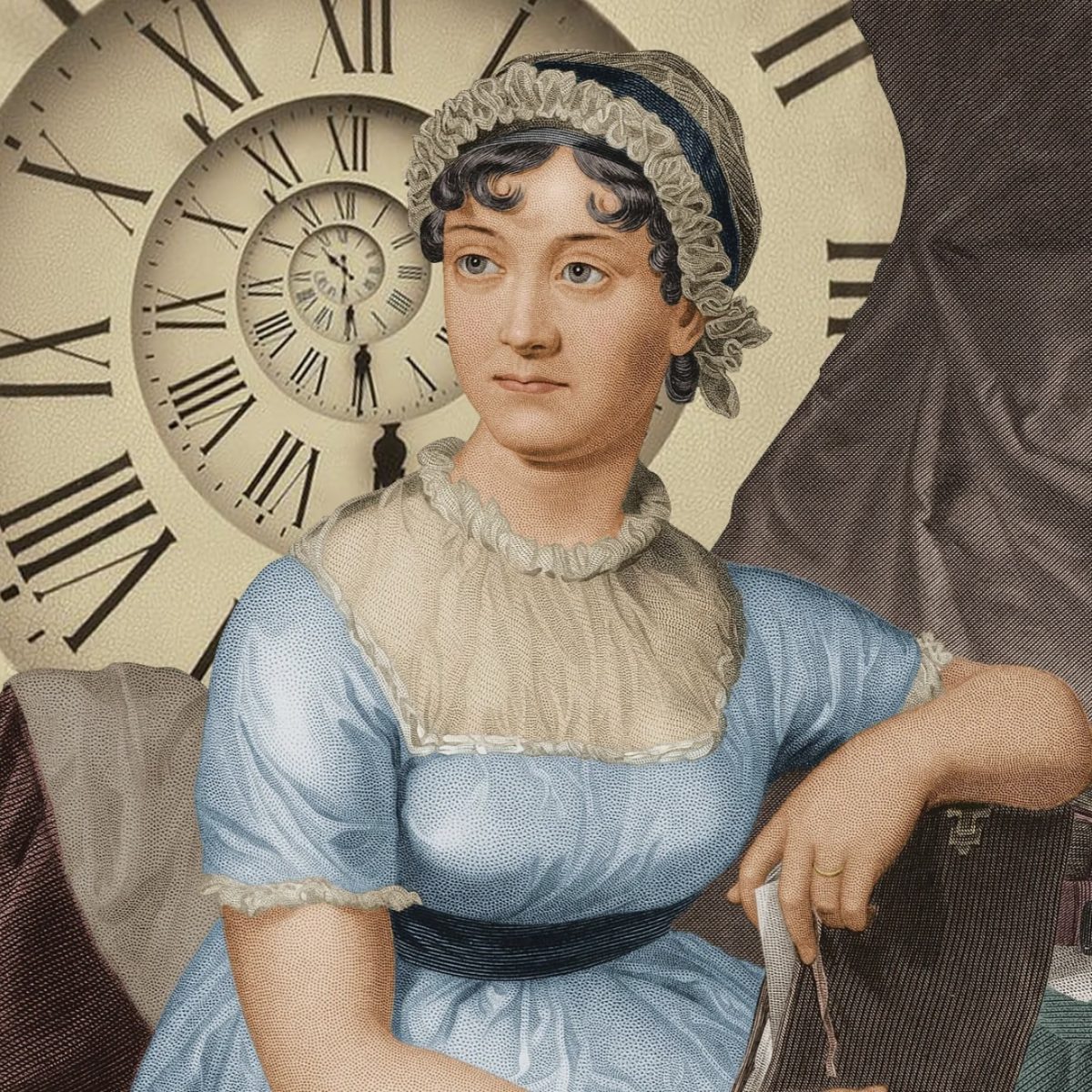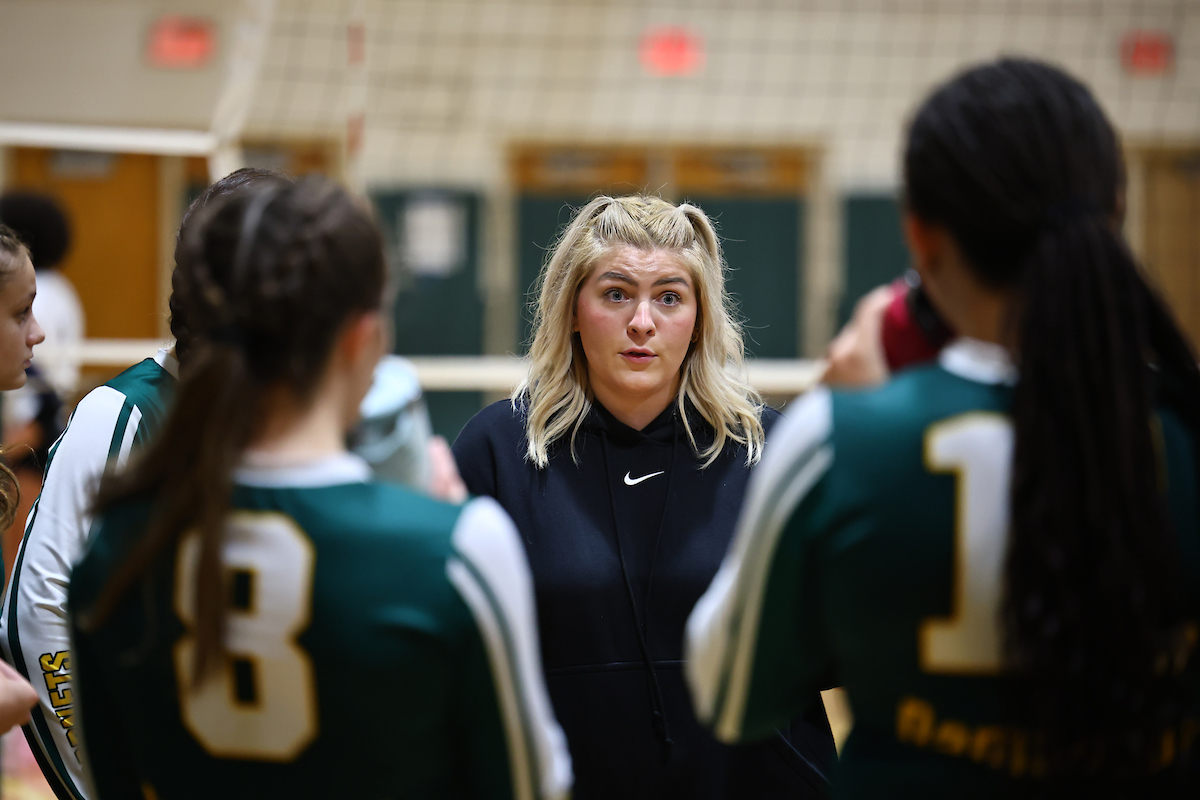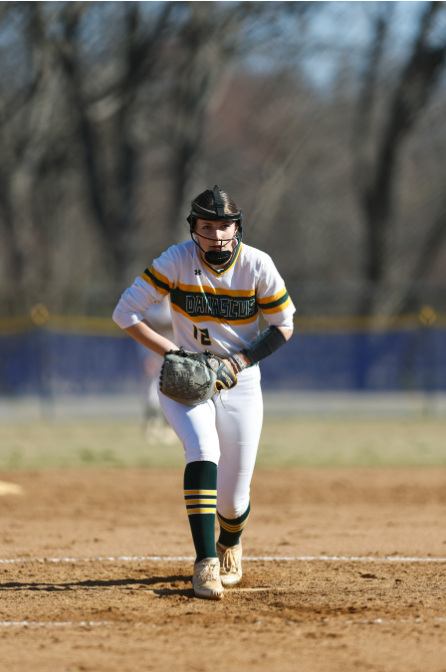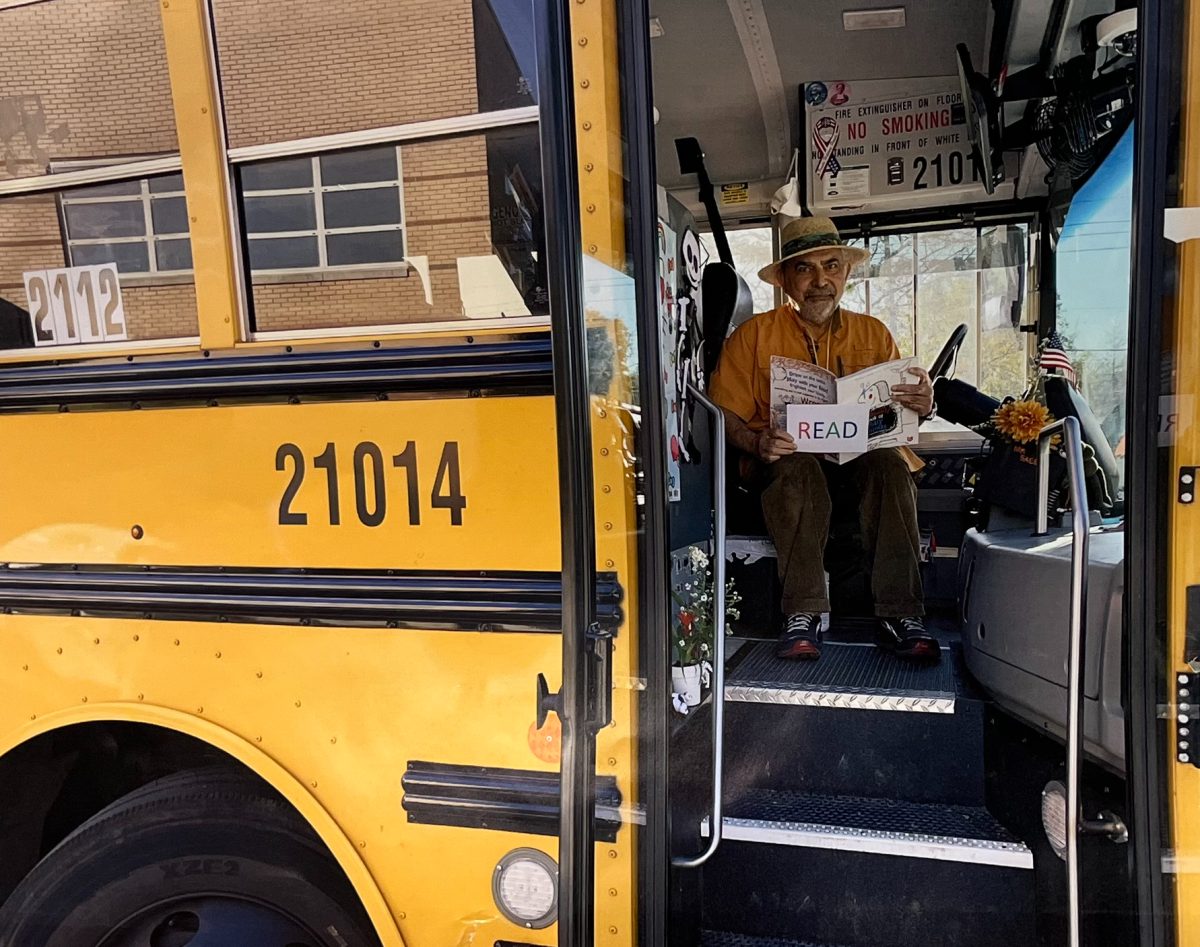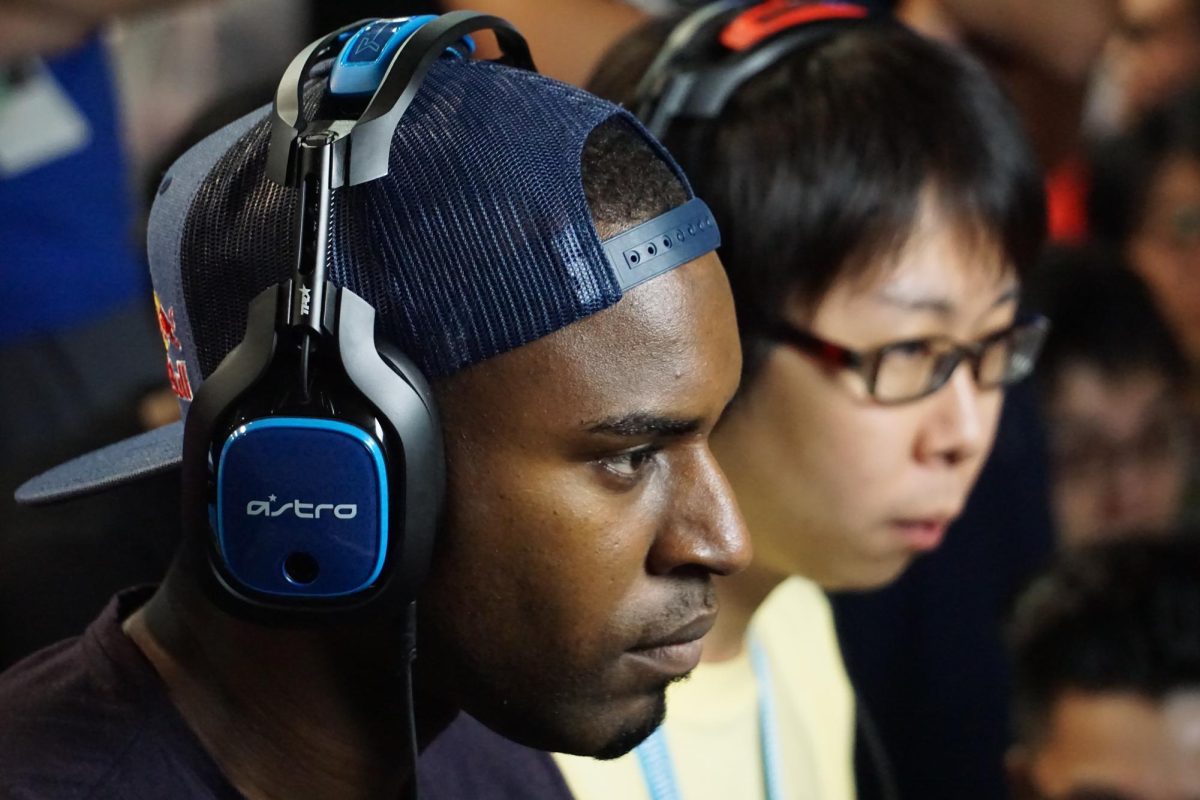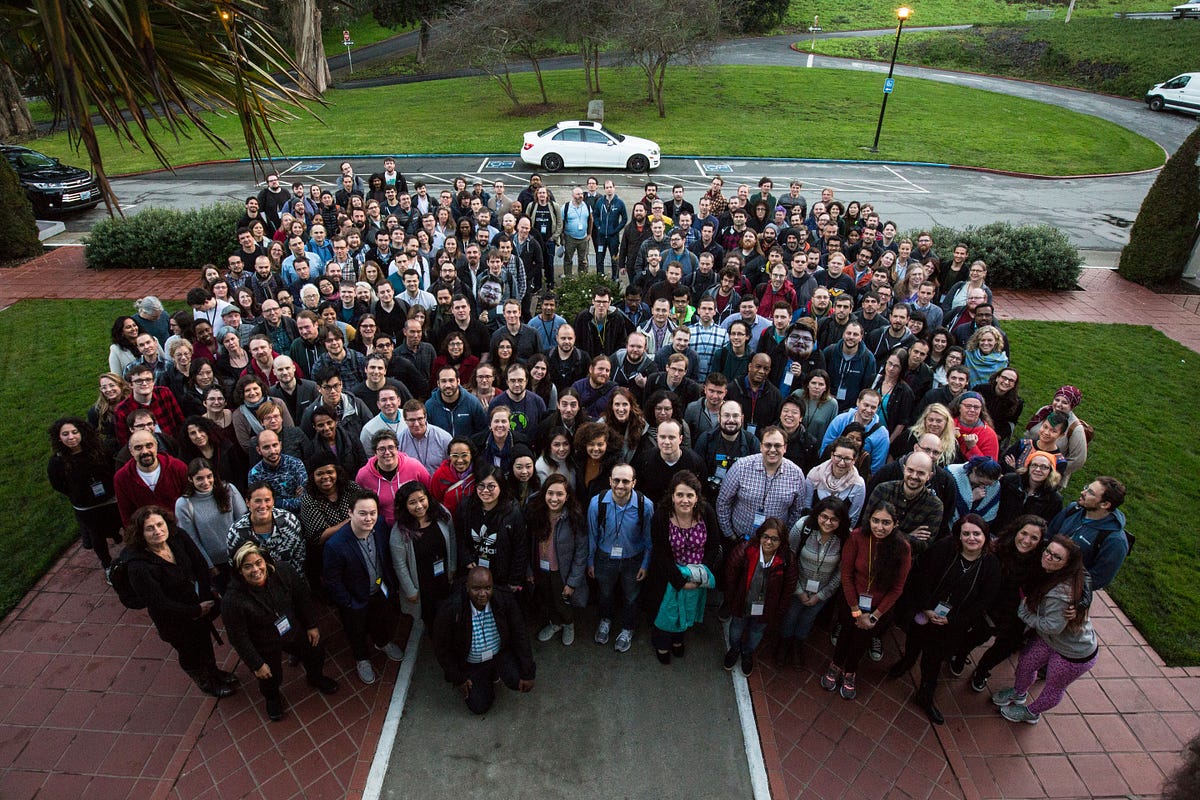
It’s that time of year again, springtime is peeking through the frosty days of winter, the flowers are starting to bud and bloom, and end-of-year exams are about to begin. Every year, during the month of May, the first two full weeks of the month are set aside for AP testing, where over 1.2 million high school students internationally take college-level exams in a wide array of subjects.
Advanced placement exams, or AP exams, have been around since 1952. They are designed to be college-level classes taken at a high school level. These classes are taught all throughout the school year with a final AP exam in May. The exams are graded from a one to five, with a five being the highest score a student can get. For most schools, getting a three or higher on the exam equates to passing the exam and students are often eligible to receive college credit for those classes. This is a great way for students to save money and take more challenging classes in college.
The College Board, the founder of the AP Exam, offers forty courses in a wide range of subjects like languages, the arts, history, and math. Damascus High School offers many AP courses, and as the clock begins to count down, students are beginning to study and prepare for the exam.
Senior Kasey Yu has taken many AP exams throughout high school. She has taken a total of five APs in the past and is currently taking “AP microeconomics, Human geography, AP psychology, and AP calculus BC”. In the past, Yu says that she has also taken “AP US history, AP Government, AP World, AP Calc AB, and AP Bio”. Meanwhile, another senior, Khushi Kapoor, has also taken many AP classes over the years. She is also currently taking AP calculus BC alongside AP Art History and AP Literature and Composition. In the past, she’s taken a total of seven AP exams, saying, “My freshman year, I took the AP US history exam, my sophomore year. I took the AP United States government exam, and last year, my junior year, I took the AP English language and composition exam, the AP Calculus AP exam, the AP Environmental Science exam, AP Spanish culture, Spanish language, and culture exam, and the AP Modern World History exam”.
The wide variety of AP classes that are offered means that there is a class for everyone to take. When asked what her favorite AP class she’s taking this year was, Yu remarked, “Probably microeconomics. I wasn’t expecting it to be as fun as it was…the concept was very new to me, I had never learned anything relating to microeconomics before…I thought it was a pretty easy and fun class It’s a nice class”. Kapoor’s favorite class that she’s taken this year is AP art history. She commented, “ I really love art, and I really love history. And it’s a lecture-based class, so it’s like, I don’t mind just getting lectures. I really enjoy just sitting there and just having information just told to me. I do wish that I didn’t have to take notes and I didn’t have to take the AP exam and just sit there and just learn”.
While there were classes that the two students enjoyed, not every class was as enjoyable. Yu pointed out that her least favorite AP class this year was “ AP Psychology” and that it’s her “least favorite class ever”. Kapoor felt that some of her least favorite AP classes were either Calculus or Lit. She feels the concepts taught in math can be hard to grasp, making it not as enjoyable. Kappor also said that it’s one of the most difficult AP classes she’s taken because of the content, with art history coming close behind it because “because there’s like 10 times more content that we need to do, and in order to memorize that content, we have to do a bit more work in class, like making like 400 flash cards”. Yu agreed with AP calculus AB being a difficult course and also added that AP US history being a difficult one saying “It was my first AP class in 9th grade, and I didn’t know what an AP class was like. It was super, super difficult for me… There’s so much to memorize; US history is so small, and you have to memorize so much stuff. There are so many specific events you have to remember… I stayed up until 4 AM every night reading the textbook to take notes”.
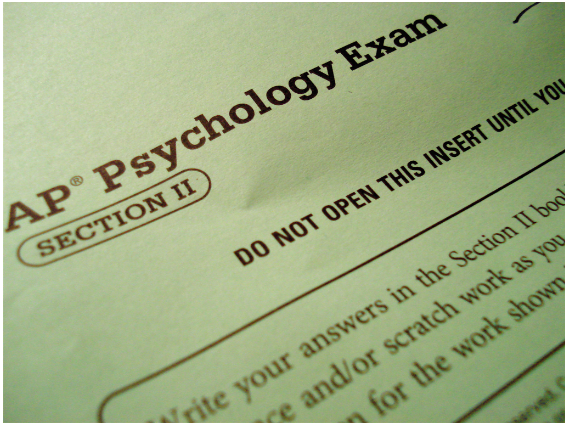
The AP Exams are very stressful tests, most are about three hours long with only a ten-minute break throughout the entire exam. While the content and structure of each exam differs, most have a multiple-choice section and a free-response section (FRQ) where students have to write an essay, write their responses, or do longer math equations. Yu says that she’s “ definitely a little nervous, but I kinda already know which classes I have to sacrifice studying for”. Kapoor feels a bit differently about the looming exams explaining how as a senior she “honestly haven’t put too much thought into it because I’m really hitting the senioritis really bad because I committed to college a few weeks ago, and now it’s just like, ‘okay, I just need to get done with the school year’. And the thing is in some of my classes, we’re still doing stuff, and it feels like we’re not preparing. So, like, it hasn’t hit me yet”.
One thing that Yu notes is that she is happy that the exams are free this year. Each AP exam costs about 100 dollars to take, so taking three or four exams each year could very quickly add up. But starting from the 2024 exams, MCPS has begun covering the cost of taking the exam which is great from many students. This does not cover late exams or late registration for the exam however. It is important to note, though, that while a student can choose to take an AP class without taking the exam, with MCPS paying for the exam, students are now expected to take the exam.
Students begin preparing for the exam months in advance, going over notes and materials from the start of the school year and understanding all they’ve have learned. When asked about how she felt preparing, Yu responded by saying that she wasn’t wasn’t feeling super prepared because “I haven’t started studying at all, which is, I know I should get started”. However, Yu notes that she does feel prepared in certain classes, saying that she does feel better prepared in classes like “human geography, just because it was an easier class”. Yu says, “I’m more stressed about harder classes like calculus ‘cause I took the AB exam last year and I didn’t get the score that I wanted… or I would’ve liked”. Typically, in order to prepare for the exam, Yu remarked that “ if it’s a history exam… an AP history class, like World, I go over vocab and review the main concepts. For stuff like math I definitely do a lot of practice problems, I go over all the past stuff, and we also have flashcards too, so I guess I study all the vocab too”. Yu pointed out there is no specific way that she studies, she covers as “much ground as I could”.
Kappor feels that, to an extent, she does feel prepared for her exams. She commented, saying, “I think I probably feel prepared about the calculus exam because I know a bunch of the content from last year. Yeah, um, AP Art History exam; we’re still learning stuff. We’re going to be learning stuff into the week before the exam or the days before the exam. I have a decent understanding of different art pieces, but I need you to make sure, like I review them, and AP Lit well… I’m gonna have my own backup book to write for the third, um, essay question”. Since some teachers end up not leaving much time for review in class or end up teaching content until the very last day, it leaves Kappor to prepare on her own. She says that in order to prepare, she’s “probably just gonna review notes and try to see if I can get practice questions online and probably just read for especially my AP lit class, just maybe read a few other different books”. She remarked that she’ll read more books because, “ Of the books we did read in class; on some of them, I don’t feel like I’m very confident because I don’t know them very well, thematically, and like, symbolically, so I would much rather choose a book that I’m very familiar with, and just be like, just do a bit more research on those symbols and themes”.
The biggest pieces of advice that the two students could give to any first-time test takers are as follows:
Yu says, “ Remember, when we get your score back, don’t freak out if you don’t get the score you want “ and “ Definitely start viewing early on. Like, even before spring break, I feel like it’s good, too. I know it’s hypocritical for me to say, honestly But I think you should definitely start reviewing early. AP US History, I think the biggest mistake I made was reviewing way too late. Honestly, I was just. I was too stressed about studying, so I didn’t start studying because I was too stressed about it. Just really weird…and so when I finally started studying I was, like,’ oh my God, there’s so much I have to cover like, I don’t know if I had the time to finish this’, so I feel like it’s good to start, um, reviewing early. And it’s really fun to study with your friends. I feel like it’s also pretty effective. Just make sure you don’t play around too much or horse around. You should utilize the fact that you have online resources if you don’t want to buy anything. There’s like textbooks online. Where you have to pay for them and they give you a course. I think those are helpful. But, like, I don’t think they’re really necessary. If you can’t , buy them. That’s totally fine. Like, there’s a bunch of like researchers online to help you as well. Yeah, you don’t need to buy a book like, there are a lot of free resources already”.
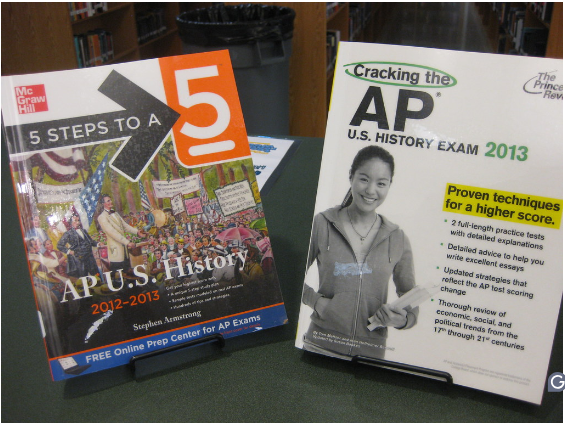
Kappor’s advice to future test takers is: “make sure you don’t do intense studying the day before. Just review basic concepts. Go to bed on time. So, you get enough rest. Have a good breakfast. Don’t forget to bring a snack, and if you’re and, make sure to wear layers. Because the small auditorium and the big auditorium get really cold for the exams, especially the small auditorium. It’s freezing in there, and if you’re not freezing, I feel like you’re gonna focus a bit better. So, wear layers; so if you do feel hot, you can take off a layer or something… Feel confident in your abilities. If you’re taking a math exam and you’re not able to describe what you want to do on the free response question, describe or write down what you would do if you had the time. Yeah, don’t leave it blank. However, there’s also this other school of thought that a lot of prep books have said that technically on, especially if it’s more for SAT, but I think it would apply here. They only grade the questions you’ve answered. So theoretically, if you only answer half of them and get them all right, you can still get a five. Is that recommended? No. So prep books will also say have a letter of the day. So, if you have like five questions that you don’t have time to answer, put down the same letter for all of them… I agree with that to an extent because sometimes I feel like you can make a really good educated guess, but otherwise, I would stick with the letter of the day. Too much. Take it easy, especially the days before the exam. Like, watch a movie, don’t do too much”.
It can be stressful with the exam coming up but with enough practice and studying, everyone can do well on their exams.
Good luck to everyone taking the exam!


